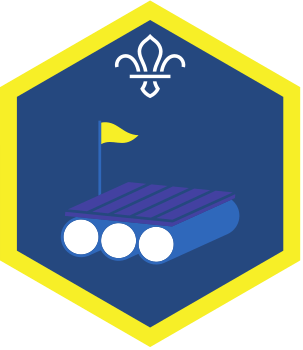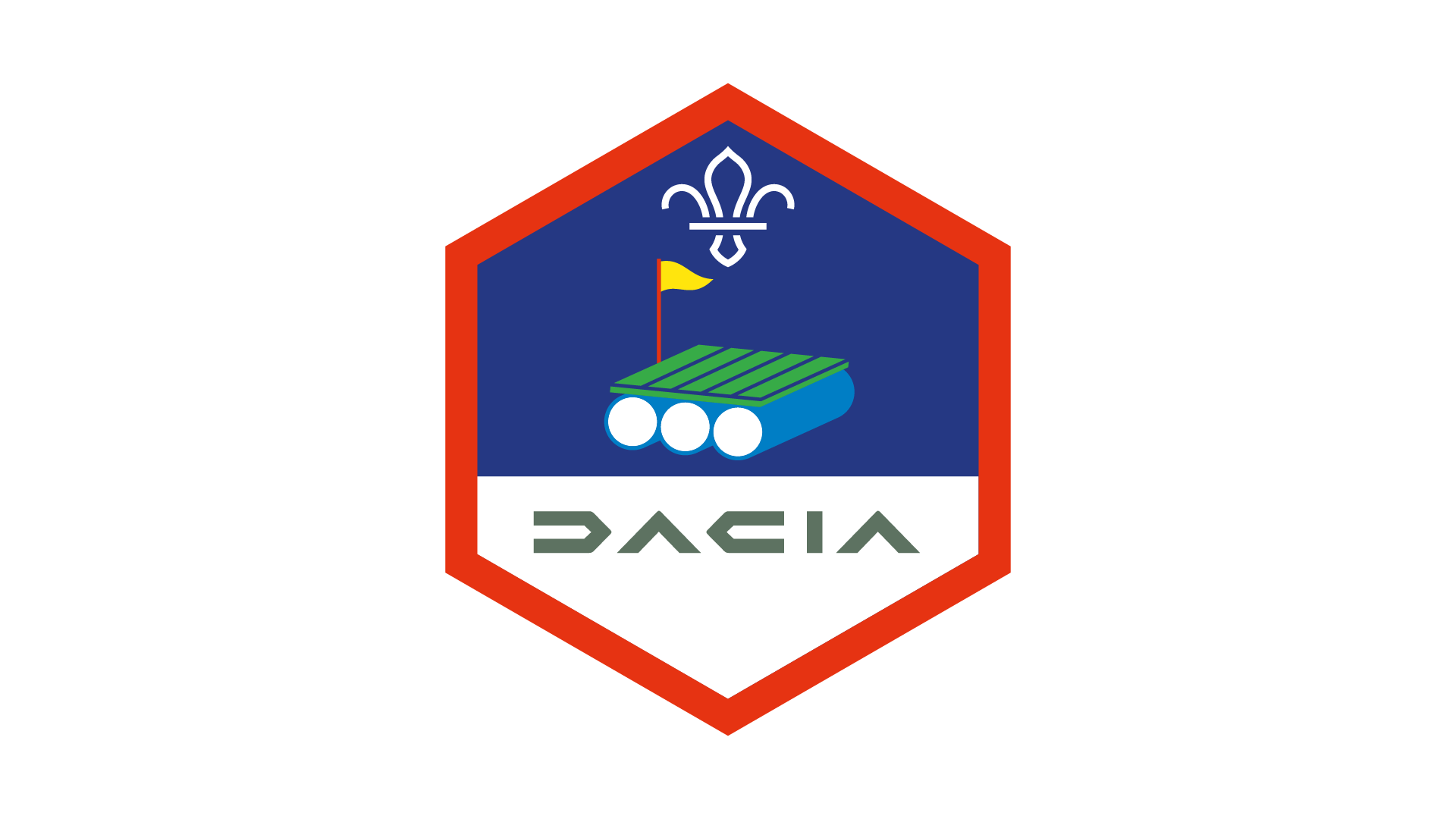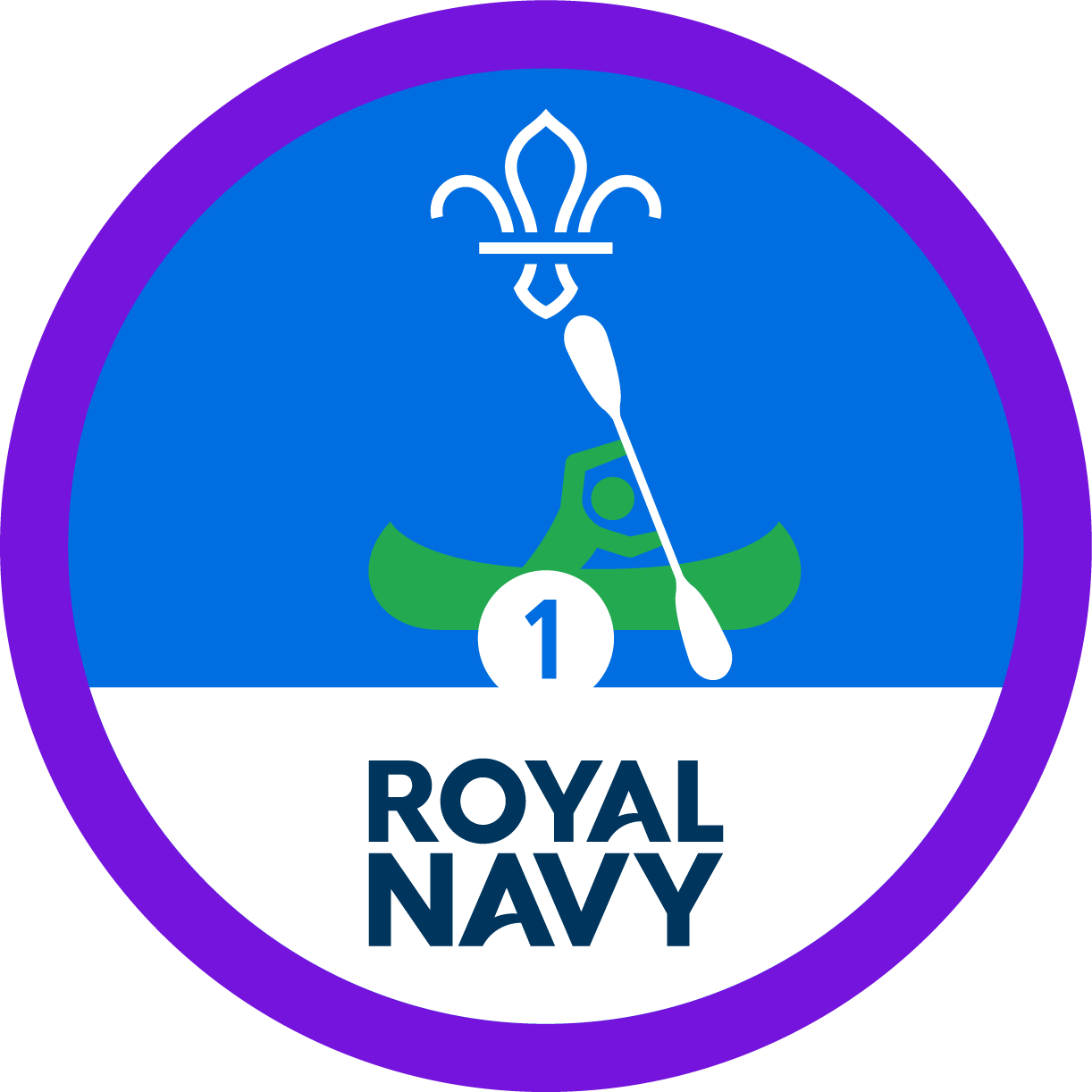
Pulling (fixed seat rowing)
What to expect
Pulling (fixed seat rowing) has been a method of transport since the Roman times. It comes in lots of different forms, but usually involves an open boat that lots of people sit in – they use oars to move the boat through the water. The boats are usually quite wide with fixed seats – they can be used on different bodies of water around the world.
What you’ll learn
Pulling’s a great way to get everyone working together as a team. Everyone needs to communicate well to get the boat moving (and to keep it going in the right direction!). It’s important for everyone to remember that some people aren’t confident around water – how could people support their teammates to achieve their goals?
Fun facts
The term ‘pulling’ is a historical term; it comes from the way you pull the oars through the water to make the boat move.
Handy hints
- Dress for the occasion. It’s best to wear old clothes and a pair of trainers you don’t mind getting wet. Don’t forget to bring some clothes to change into after.
- Be ready for wet clothes. Most people will probably end up with wet clothes by the end of the activity. Take a roll of bin bags to put the wet clothes in (or to sit on during the journey home).
- Grab some extra hair bobbles. People with long hair will probably need to tie it back. Take a few extra hair ties, just in case anyone forgets.
- Make sure your camera has a strap. Being on the water offers some great photo opportunities, but you need to keep your camera safe. A camera strap’s the best way to do this.
Safety
You must always:
- Complete a risk assessment
- Have the right ratios of number of adults to provide suitable supervision
- Set up an InTouch process
- Know what to do in an emergency
- Share information with parents and carers with an activity information form
- Get approval from your Lead Volunteer.
Be safe outdoors:
- Check the weather forecast
Be safe in water:
Everyone should be able to swim 50 m wearing the clothing or equipment for the activity. Non-swimmers will need additional support.
Water can be dangerous - be aware of the risks.
The category of water depends on how safe the water is. Use our waterways directory to check.
Be sure to manage the group when near water, keeping everyone safe.
Make sure that all equipment is fit for purpose and in good condition:
Everyone must wear a life jacket or buoyancy aid.
The instructor must make sure boats are seaworthy.
There are regulations you must follow if you are hiring a boat.
Joint activities with other organisations:
- This activity can be run jointly with Girlguiding.
- This activity can be run with other organisations.
This activity can be led by you or someone else in Scouts:
The activity leader must have an adventurous activities permit with the right level and permissions for your group.
You don't need a permit for activities on Class C waters (safe, inland water less than 100 m wide).
Where the group is entirely members over the age of 18 the permit scheme does not apply, please follow the rule 9.8 adult groups.
You can go to a centre or use an activity leader who is not part of Scouting:
You must find a suitable provider who meets the following requirements:- The centre/instructor should hold one of these: (If the provider is AALA exempt)
- British Rowing - Level 2 Coach (fixed seat)
- Adventure Mark - centre
The provider must have public liability insurance.
Guidance
Reflection
Pulling’s all about communication – it’s the only way for people to row at the same time and move in the same direction. Did people’s communication change through the activity? Was it easy to listen to others? Hopefully people’s communication became more efficient and clearer as they got stuck in. What did people learn?
Pulling also needed people to be team players. Did people’s teamwork change as they became more confident? Did anyone face any challenges at the beginning that they then overcame? What did they do differently? By supporting their friends and making sure they felt part of the team, hopefully people boosted each other’s confidence. Do people think their teams worked efficiently towards a goal? Did people learn anything that could be useful in other parts of their life now or in the future?
- Lots of places around the UK are able to adapt pulling so people with additional needs can get stuck in. Get in touch with your local provider to chat through the needs of people in your group. If you give them plenty of notice, it’s likely that you’ll be able to come up with a plan that means most people can give it a go.
- British Rowing’s website has a page with more information on adaptive rowing.
All Scout activities should be inclusive and accessible.

Beavers My Adventure Challenge Award

Cubs Our Adventure Challenge Award

Scouts Adventure Challenge Award

Scouts Pulling (Fixed Seat Rowing) Activity Badge

Time on the Water 1

Time on the Water 2

Time on the Water 5

Time on the Water 10

Time on the Water 15

Time on the Water 20

Time on the Water 35

Time on the Water 50
Anyone who’s enjoyed this adventure could look around their local area to find a rowing club to join. British Rowing have a club, course, and competition finder.